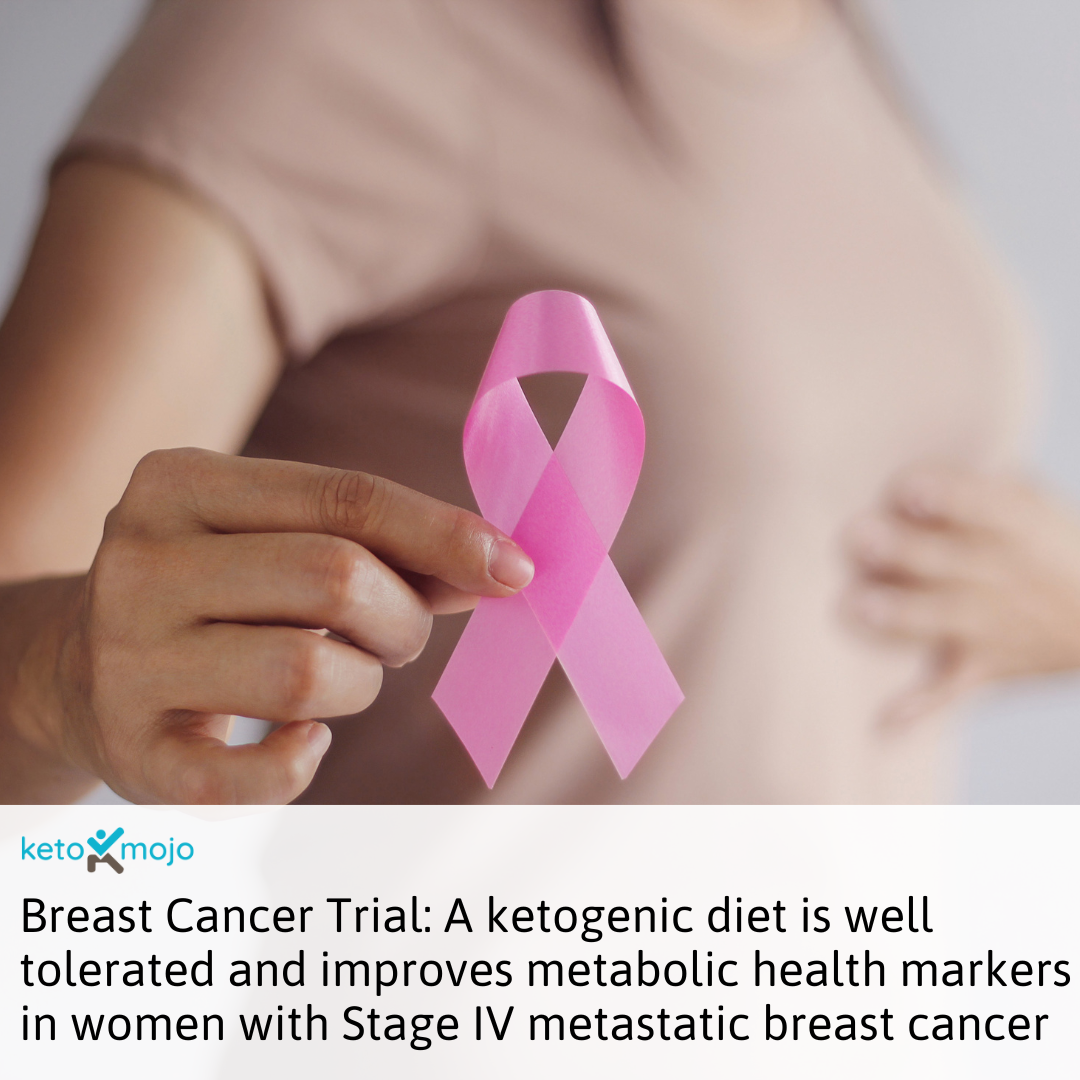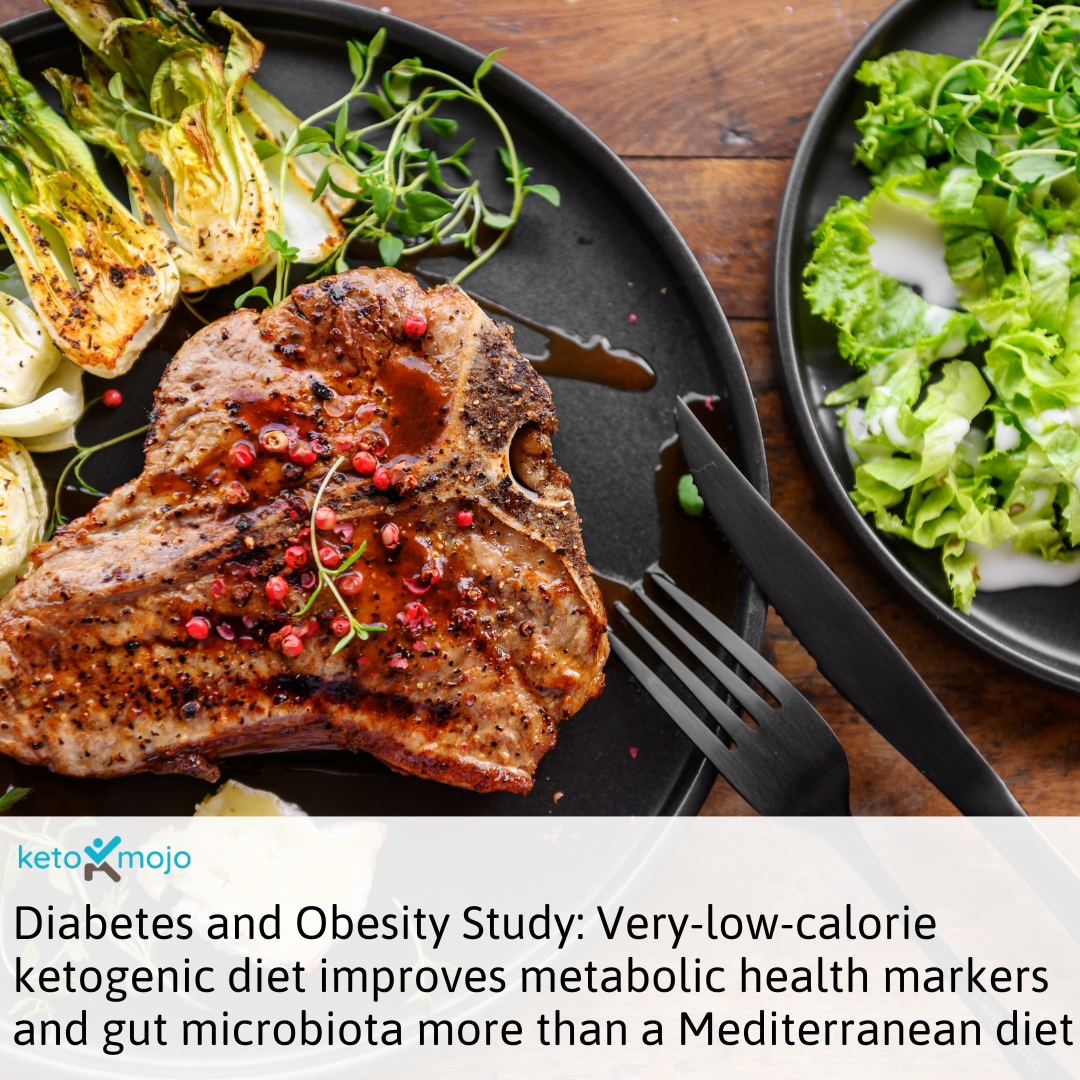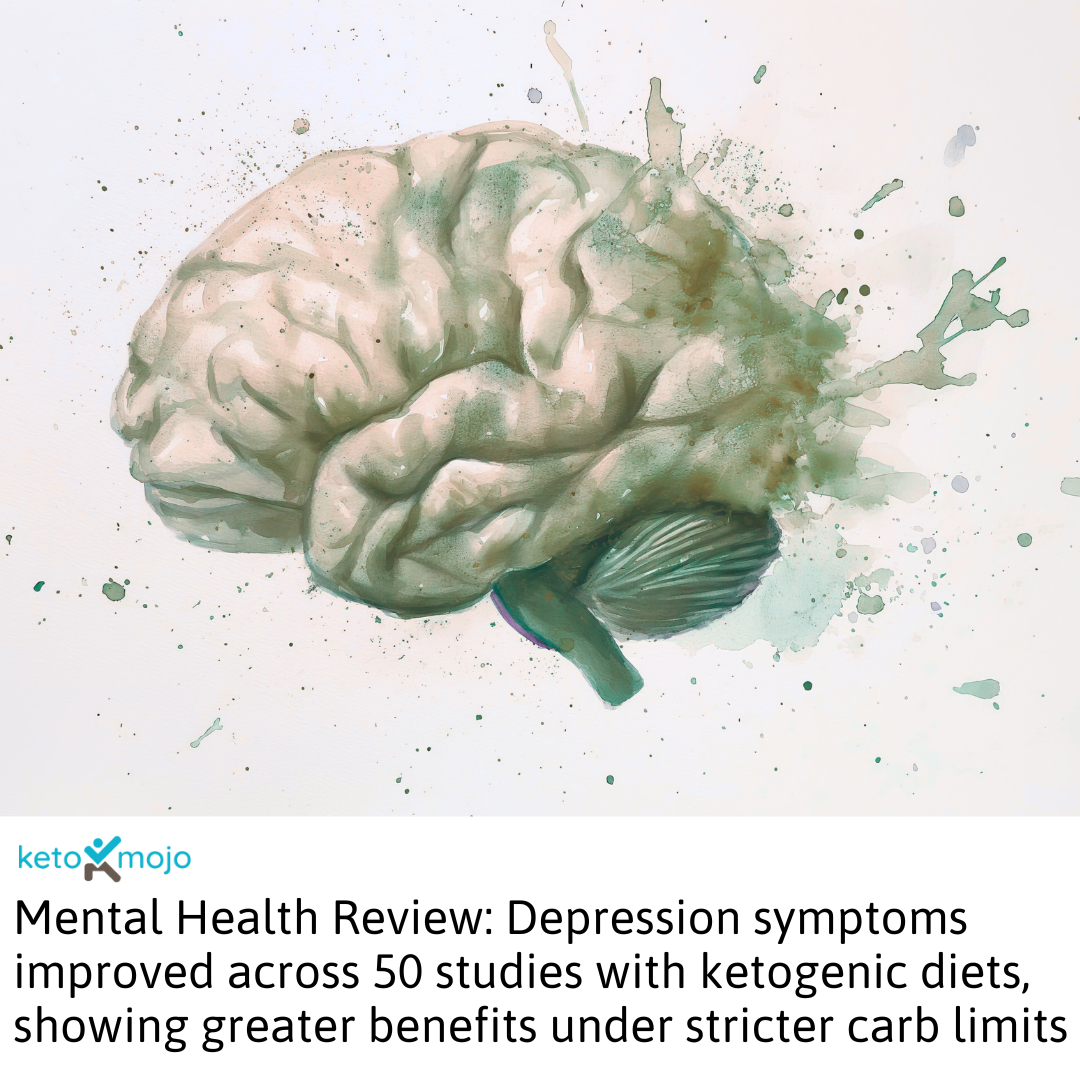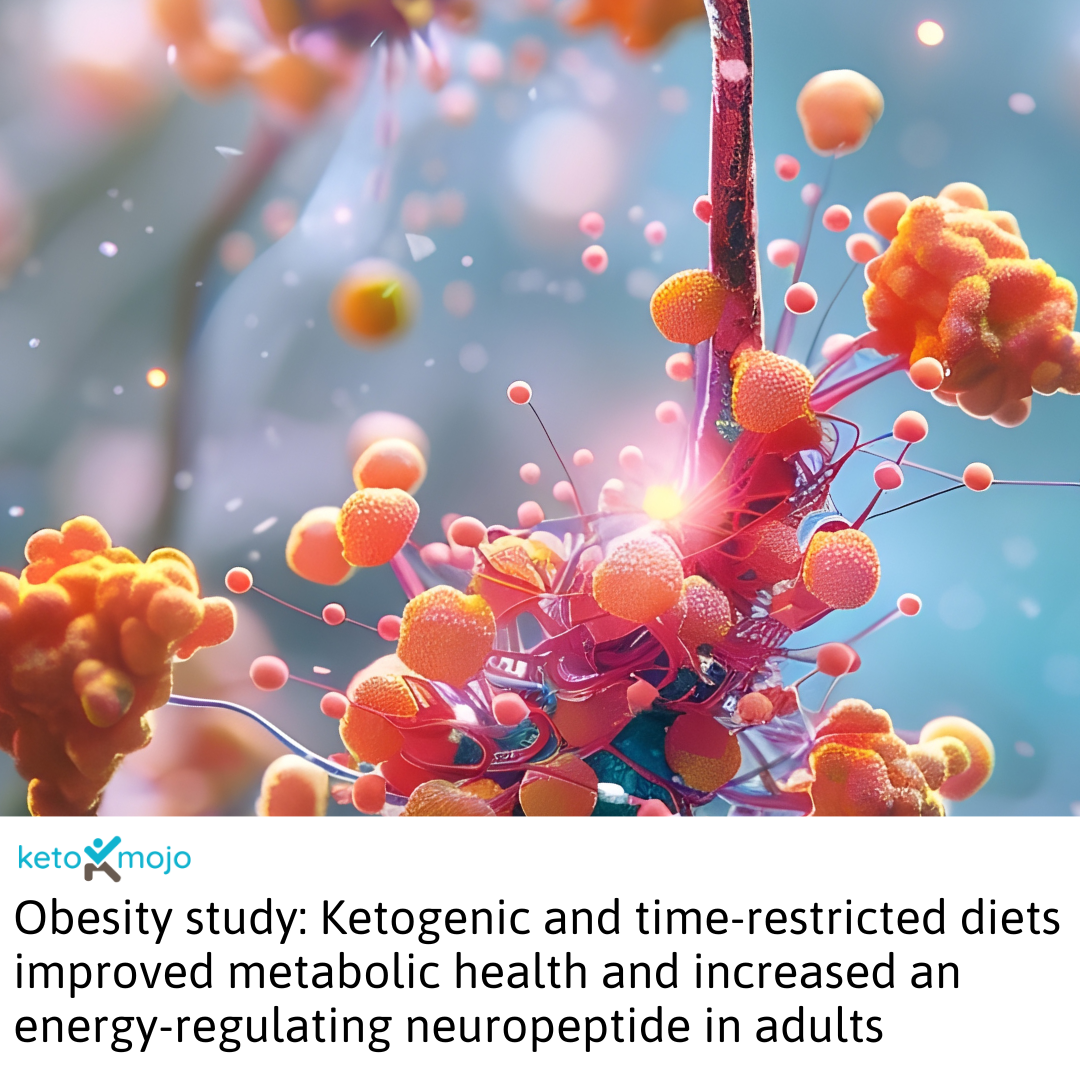Cancer
Feasibility and metabolic outcomes of a well-formulated ketogenic diet as an adjuvant therapeutic intervention for women with stage IV metastatic breast cancer: The Keto-CARE trial

Metastatic breast cancer is a challenging diagnosis with a limited number of therapeutic options. A high-fat, moderate protein, very low-carbohydrate ketogenic diet has received attention as a potential adjunctive therapy that may improve metabolic health and possibly impact cancer progression.
Recently, the Keto-CARE trial evaluated the feasibility and metabolic outcomes of a well-formulated ketogenic diet in women with stage IV metastatic breast cancer.
In this study, women with stage IV metastatic breast cancer followed a non-calorie-restricted, well-formulated ketogenic diet for six months. The participants checked their blood glucose and ketones at home daily. Insulin and other biomarkers were measured at baseline and at three-month intervals.
The researchers reported the following objective findings:
- average blood ketone levels of 0.8 mmol/L in the first three months and 0.7 mmol/L in the second three months of the trial, indicating dietary adherence
- significant reductions in blood glucose levels, fasting insulin levels, and insulin resistance
- loss of 10% of body weight, on average, with 78% of the loss coming from body fat rather than lean mass
- reductions in CRP and other inflammatory markers
In addition, participants reported improvements in energy levels, physical functioning, and overall quality of life – major benefits for those with advanced cancer.
These results demonstrate that a well-formulated ketogenic diet is feasible and well tolerated among women with stage IV metastatic breast cancer. The metabolic advantages of this intervention could potentially improve patient outcomes and quality of life. Further research is necessary to conclusively determine its impact on cancer progression and survival outcomes.






